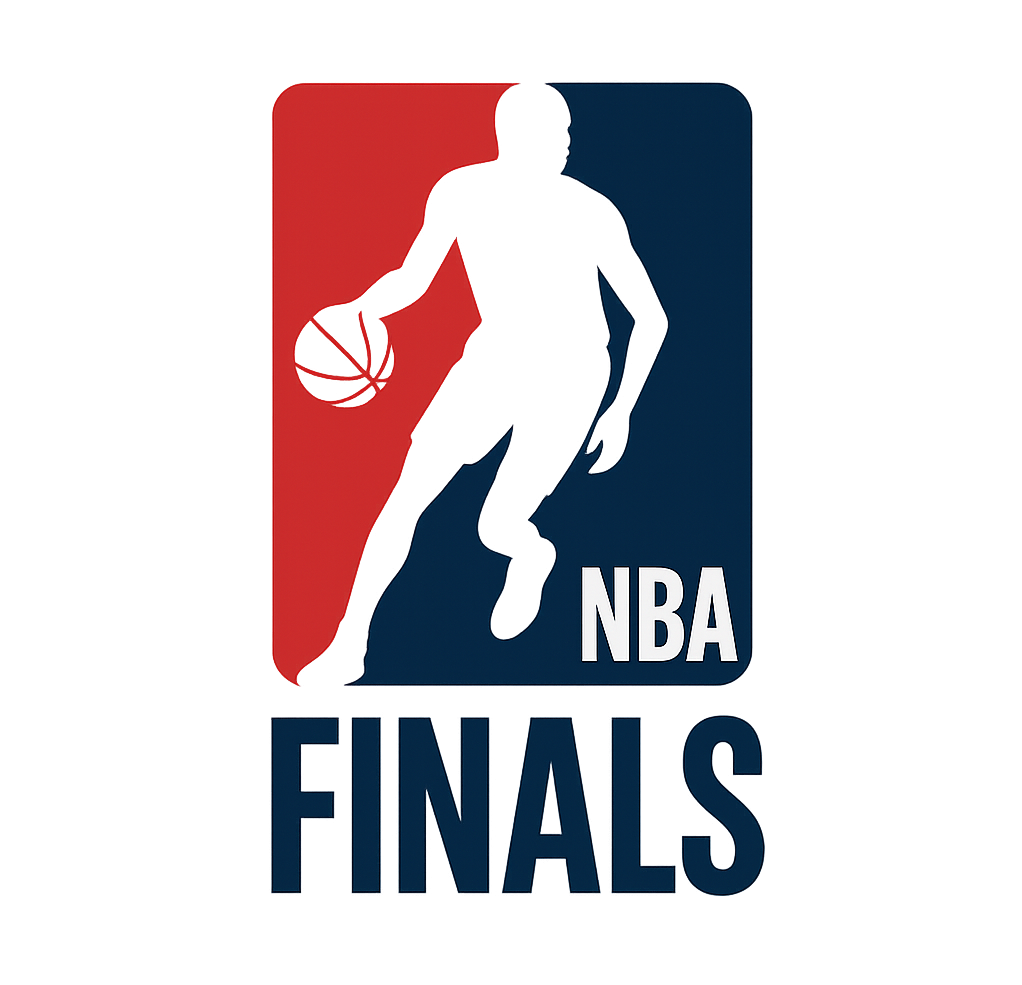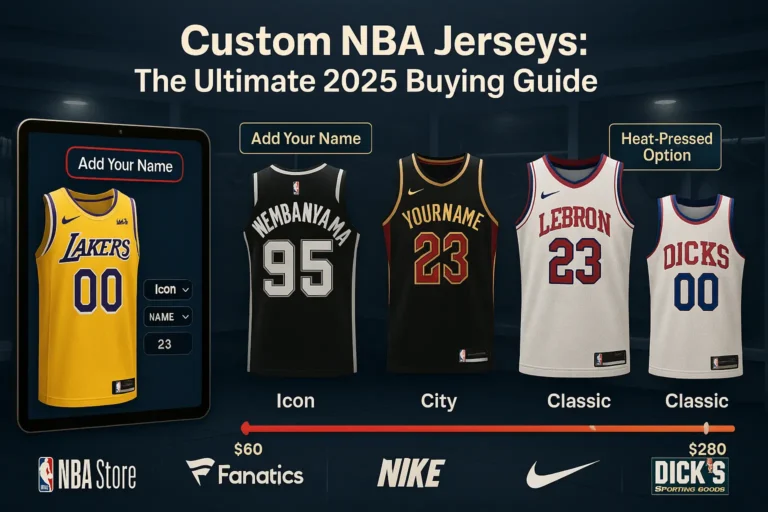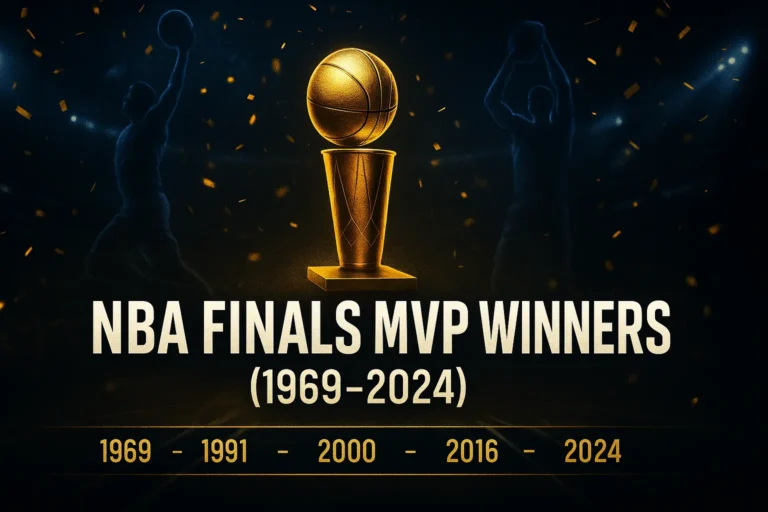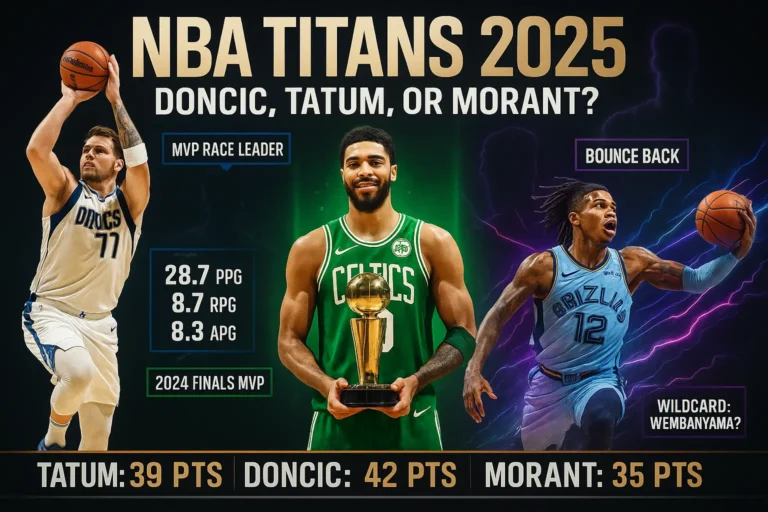LeBron James in NBA Finals History: Stats, Records & Legacy (2007-2025)
Introduction: LeBron’s Historic NBA Finals Journey
LeBron James’ 10 NBA Finals appearances stand as a testament to unparalleled consistency in basketball history. Spanning three franchises and two decades, his championship resume blends longevity with peak performance. This deep dive explores how “The King” redefined Finals excellence against evolving competition.
The Significance of LeBron’s 10 Finals Appearances
Only four players have more Finals trips than LeBron’s 10, all from the Celtics’ 1960s dynasty. His 2011-2018 run of eight straight Finals remains unmatched in modern basketball. This durability showcases his ability to carry teams through grueling playoff gauntlets.
Why LeBron’s Finals Performance Defines His Legacy
While regular season stats impress, championships cement greatness. LeBron’s 28.4/10.2/7.8 Finals averages reveal all-around dominance rarely seen. His 55 games rank third all-time, trailing only Bill Russell and Sam Jones from the Celtics dynasty era.
1. LeBron James’ NBA Finals Record: The Complete Overview
LeBron’s championship resume combines volume, versatility, and historic moments. His 4-6 record often sparks debate, but context reveals consistent excellence against elite competition.
Total Finals Appearances: 10 Seasons Analyzed
From 2007-2020, LeBron reached the Finals with Cleveland, Miami, and Los Angeles. Each appearance featured unique challenges, from carrying underdogs to leading superteams. His 49 games played rank fourth all-time behind only Celtics legends.
Championship Wins vs Losses (4-6 Record Breakdown)
Six losses came against three dynasties: the Spurs (twice), Warriors (three times), and Mavericks. His four titles came against teams averaging 62.5 wins, proving he conquered elite competition. The 2016 comeback against 73-win Golden State stands as his crowning achievement.
Teams Played With: Cavs, Heat & Lakers Comparison
LeBron delivered championships to all three franchises, each with distinct roster constructions. His Heat teams were favorites, while 2007 Cavs and 2015-2018 Cavs overachieved. The 2020 Lakers title blended veteran leadership with emerging stars.
2. Year-by-Year Finals Performance Statistics
Examining each series reveals LeBron’s evolution from phenom to seasoned champion. His adaptability across eras showcases basketball IQ few possess.
2007 Finals: First Appearance Against Spurs
A 22-year-old LeBron averaged 22/7/7 against the vaunted Spurs defense. Despite shooting struggles (35.6% FG), his Game 3 performance hinted at future greatness. The sweep taught him valuable lessons about team construction.
Key Stats: 22.0 PPG, 7.0 RPG, 6.8 APG
San Antonio’s defense forced him into inefficient shots, resulting in 48.6% true shooting. This series fueled his offseason work on post moves and perimeter shooting.
2011-2014: The Miami Heat Dynasty Years
The “Heatles” era produced four straight Finals trips and two championships. LeBron’s 2012 closeout Game 5 (26-11-13) showcased complete dominance. His 2013 Game 7 (37 points, 12 rebounds) sealed his legacy as a closer.
2012 & 2013 Championship Performances
2012 saw LeBron claim his first title with 28.6 PPG, 10.2 RPG, and 7.4 APG. The 2013 Finals featured his iconic chase-down block and series-clinching jumper. These performances silenced critics questioning his clutch gene.
3. Career NBA Finals Averages & Records
LeBron’s cumulative Finals numbers place him among basketball’s pantheon. His stats combine volume and efficiency against top-tier defenses.
Scoring: 28.4 PPG All-Time Finals Average
Only Jordan (33.6) and Rick Barry (36.3) averaged more among players with 10+ games. LeBron scored 30+ in 27 Finals games, second all-time. His 2015 series (35.8 PPG) remains his scoring peak despite missing key teammates.
Rebounding: 10.2 RPG Dominance
For a perimeter player, LeBron’s glass-cleaning is historic. His 18-rebound Game 6 in 2013 set a career high. Only centers and power forwards typically average double-digit rebounds in the Finals.
Playmaking: 7.8 APG Facilitator Role
LeBron trails only Magic Johnson in Finals assists (430 total). His 2017 series (10.0 APG) marked the first triple-double average in Finals history. This playmaking separates him from other all-time scorers.
4. Comparing LeBron’s Finals Stats: Wins vs Losses
The narrative shifts when examining LeBron’s performances in victories versus defeats. His winning numbers rival the greatest championship runs.
Winning Performances: 31.1 PPG, 50.03% FG
In title-clinching series, LeBron elevated his efficiency while maintaining volume. The 2016 Finals (29.7/11.3/8.9) featured back-to-back 41-point games and a legendary Game 7 triple-double.
Losses Analysis: 26.42 PPG, 46.1% FG
Even in defeat, LeBron produced at elite levels. His 2017 Finals (33.6/12.0/10.0) marked the first triple-double average in Finals history. The 2015 effort (35.8 PPG) came without Love and Irving for most series.
5. LeBron’s Greatest Finals Rivalries
LeBron’s championship battles against dynasties define his legacy. These matchups tested his skills against all-time great teams.
vs Warriors: 2015-2018 Battles
The Cavs-Warriors rivalry produced four historic meetings. LeBron’s 2016 comeback against the 73-win team featured a 3-1 deficit overcome. His 2017 performance (33.6 PPG triple-double) might be the best losing effort ever.
vs Spurs: 2007 & 2013-2014 Matchups
San Antonio bookended LeBron’s Heat tenure. The 2013 redemption featured his iconic Game 7 and the Ray Allen miracle shot. The 2014 loss showcased the Spurs’ beautiful game at its peak.
6. How LeBron’s Finals Stats Stack Up Historically
Contextualizing LeBron’s numbers reveals his standing among basketball’s elite. His combination of volume and longevity is unprecedented.
All-Time Finals Scoring Leaders Comparison
LeBron’s 1,562 points trail only Jerry West’s 1,679. He surpassed Jordan’s total (1,176) in fewer games. When adjusting for pace, his efficiency (55.8% TS) ranks among the best high-volume scorers.
Triple-Double Performances in Finals History
With 10 Finals triple-doubles, LeBron trails only Magic (11). His 2020 Game 5 (40/13/7) showcased sustained excellence at age 35. These all-around performances redefine modern basketball versatility.
7. The Legacy: What LeBron’s Finals Record Means
Beyond statistics, LeBron’s impact reshaped how we evaluate championship performance. His sustained excellence against elite competition cements his GOAT case.
Debunking the 4-6 Record Criticism
Context transforms this record from weakness to strength. LeBron faced seven 60-win opponents, more than any Finals player. Five losses came against teams with multiple Hall of Famers in their primes.
Impact Beyond Statistics: Leadership & Durability
LeBron’s 55 Finals games without major injury demonstrate unparalleled durability. He transformed three franchises into champions, each with distinct roster constructions and challenges.
8. Frequently Asked Questions About LeBron’s Finals History
How many NBA Finals has LeBron been in?
LeBron has 10 Finals appearances (2007, 2011-2018, 2020) with three franchises. Only Celtics legends have more trips in NBA history.
What is LeBron’s record against the Warriors?
LeBron is 1-3 against Golden State (2015-2018). His 2016 comeback remains the only Finals overcoming a 3-1 deficit.
What’s LeBron’s best Finals performance statistically?
2016 against Golden State: 29.7/11.3/8.9 with 2.6 steals and 2.3 blocks per game. He led both teams in all five major categories.
Conclusion: The Finals Legacy of King James
LeBron’s Finals resume combines volume, versatility, and longevity unmatched in basketball history. His 28.4/10.2/7.8 averages across 55 games reflect sustained excellence against elite competition. The 4-6 record speaks to circumstance more than individual performance.
From carrying underdogs to leading superteams, LeBron’s championship journey redefined modern greatness. Future players may match his rings, but none will replicate his combination of appearances, stats, and era-spanning dominance on basketball’s biggest stage.






